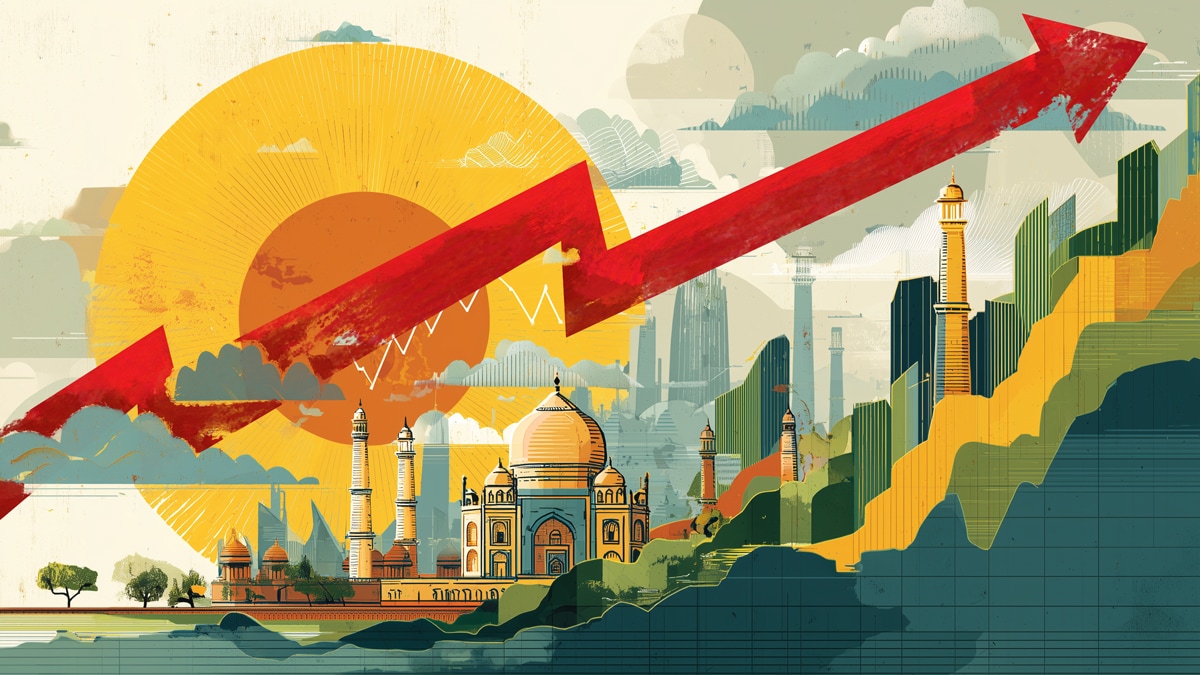

Prime Minister Narendra Modi is charting a course for India's future, emphasizing next-generation Goods and Services Tax (GST) reforms and a push for simplified legislation to foster a modern, efficient, and citizen-friendly ecosystem. Addressing the nation on the 79th Independence Day, Modi highlighted India's journey of self-reliance and transformation, asserting the time has come to move forward with even greater strength.
A key announcement was the introduction of next-generation GST reforms slated for implementation by Diwali. These reforms aim to reduce the tax burden on the common man, benefiting small industries and Micro, Small, and Medium Enterprises (MSMEs). Modi emphasized that these reforms would be a "Diwali gift" for citizens, making daily-use items more affordable and boosting the economy. The changes follow previous income tax cuts and align with the government's intention to consolidate GST slabs and lower rates on certain goods. A panel of ministers is already considering merging tax slabs and reducing rates on select goods. The government has expressed its desire to change GST rates and reduce the number of brackets under the tax regime introduced in 2017. Currently, India levies GST at 5%, 12%, 18%, and 28% on most goods and services, excluding gold and silver, with an additional levy on demerit goods.
The Prime Minister underscored the importance of simplifying laws and compliance to reduce compliance costs for startups, MSMEs, and entrepreneurs, while ensuring freedom from arbitrary legal actions. This creates a supportive environment for innovation, entrepreneurship, and economic growth. Efforts are underway to ensure legislative drafting is simple, plain, precise, and unambiguous, using clear expressions and appropriate words. The Legislative Department has urged all Ministries and Departments to frame legislative policies in easy-to-understand language, with draftspersons receiving suitable training.
The vision extends beyond GST reforms and legislative simplification, encompassing a broader commitment to building a 'Viksit Bharat' (Developed India) by 2047. This involves strengthening India's capabilities, expanding opportunities, and empowering citizens. To achieve this, the government is focused on structural, regulatory, policy, process, and procedural reforms.
Recent developments in Parliament reflect this push for simplified legislation. The Lok Sabha passed the Income Tax Bill, 2025, intended to replace the Income Tax Act of 1961. The new legislation reduces the number of sections and chapters, eliminates archaic language, and introduces tables and formulas for clarity. The goal is to enhance readability and ease of implementation without altering tax rates. The bill aims to simplify tax procedures, reduce compliance burdens, and modernize outdated provisions. The revised bill incorporates recommendations from a Parliamentary Select Committee to improve fairness and clarity while aligning the law with existing provisions.
These reforms are geared towards creating a modern, citizen-centric government that promotes ease, fairness, and empowerment. By focusing on self-reliance, innovation, and citizen empowerment, India aims to become a $10 trillion economy by 2047, making it globally competitive, socially inclusive, and strategically autonomous.